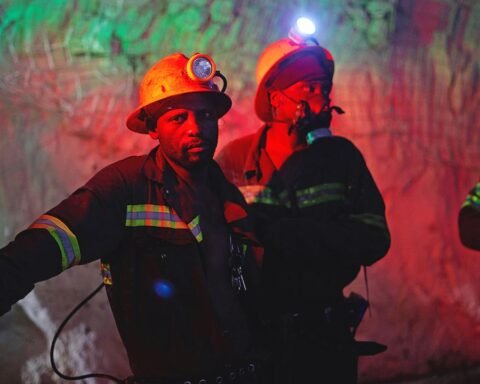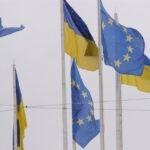Media stakeholders are urging journalists and news organizations to take a proactive role in combating misinformation, disinformation, and malinformation (MDM).
With political debates intensifying, the ability of the press to provide accurate, reliable information is seen as critical to protecting the integrity of the democratic process.
While social media platforms remain the primary conduit for false narratives, professional news outlets are uniquely positioned to counter these trends. By employing robust fact-checking methods, journalists can clarify misleading stories and prevent the public from being manipulated. “The media has both reach and responsibility,” said Dr. Amina Issa, a media expert. “Properly trained journalists are essential in guiding citizens toward verified information and in safeguarding the democratic process.”
Recent research shows that misinformation has surged in Tanzania, particularly in political discourse, highlighting the urgent need for media literacy and accountability. In response, news organizations are integrating fact-checking initiatives into their reporting workflows, combining investigative journalism with digital verification tools to ensure the accuracy of their content.
Also Read; Algeria To Champion African Unity At Trade Fair
The government and civil society are also stepping in to support these efforts. Media literacy programs are being expanded, equipping both journalists and citizens with the skills to identify and critically evaluate false information. Training sessions focus on understanding misinformation dynamics, spotting manipulated content, and verifying sources before dissemination.
Journalists are encouraged to collaborate with international partners and use technology responsibly. Artificial intelligence tools are increasingly being deployed to monitor trends in social media and flag potential falsehoods, helping media organizations respond quickly and maintain public trust. The combination of media literacy programs and technological solutions is designed to strengthen Tanzania’s information ecosystem during the election period.
Experts warn that unchecked misinformation can have serious consequences, including polarizing communities and undermining faith in electoral processes. By leading the fight against false information, Tanzanian media can ensure voters are informed, debate remains grounded in facts, and democratic institutions are protected.
As the nation prepares for the 2025 elections, the collaboration between media, government, and civil society will be crucial. Together, they aim to create an environment in which facts prevail over falsehoods, ensuring citizens can make informed decisions and participate meaningfully in the democratic process.







